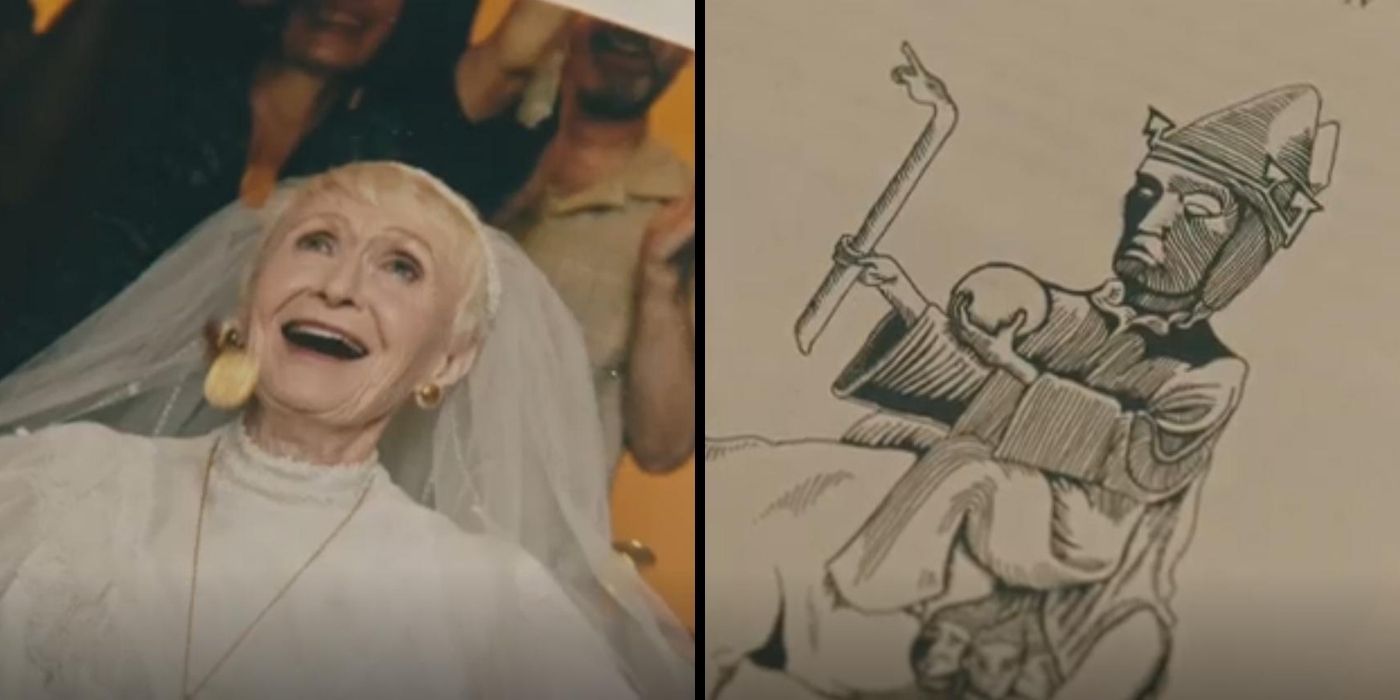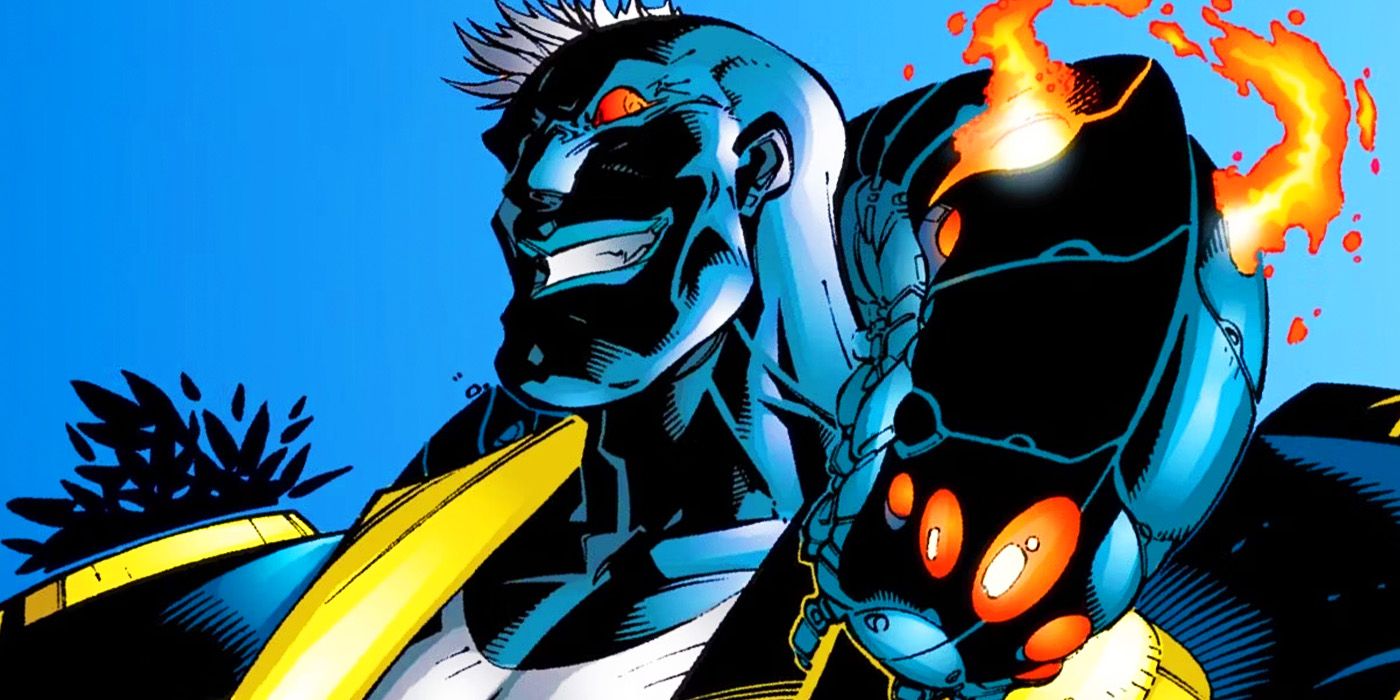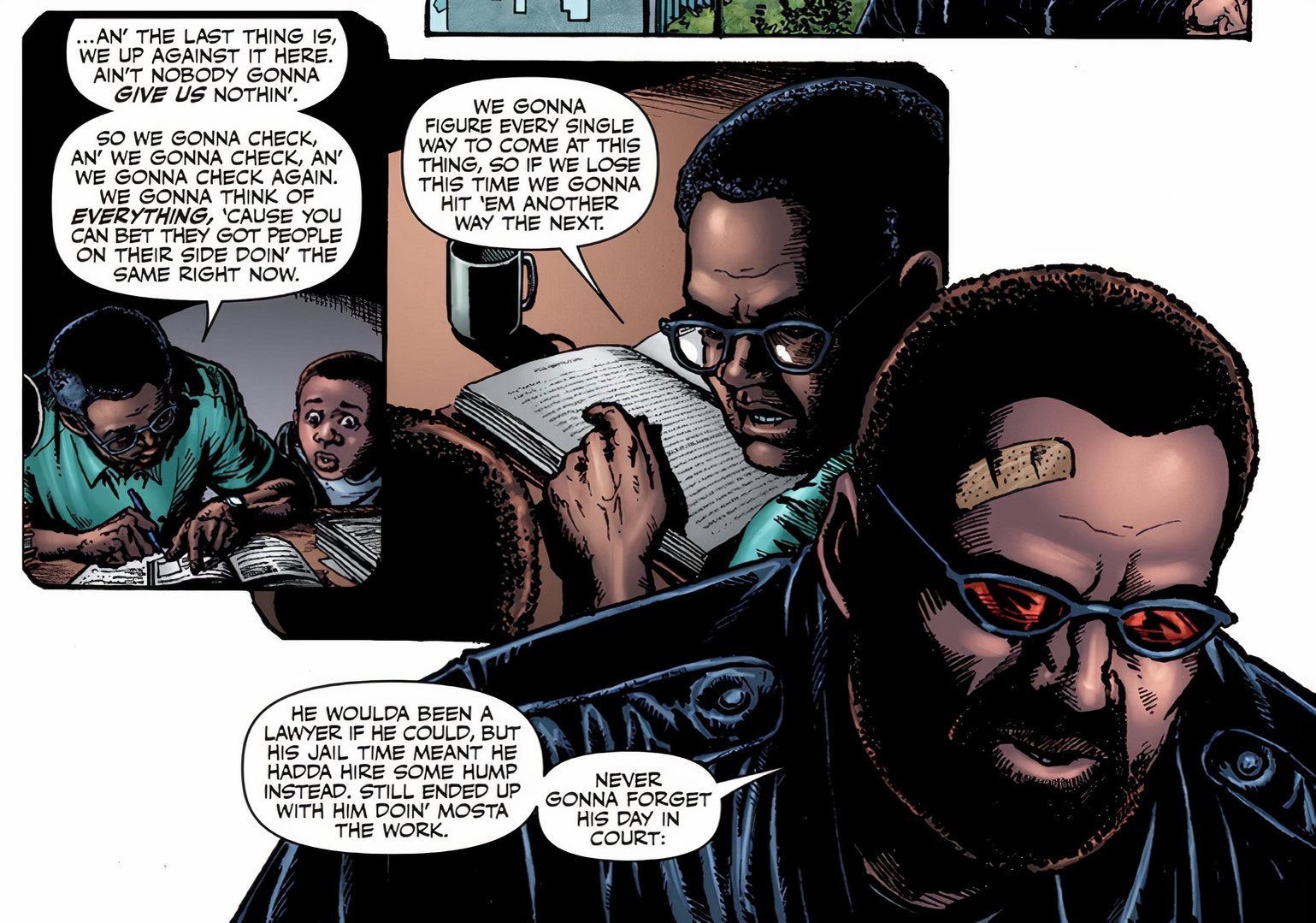Hereditary (2018) is a supernatural horror film that follows Annie Graham (Toni Collette) as she deals with the passing of her enigmatic mother, Ellen Leigh. In the film, Annie describes her mother as secretive and mentally ill, traits which the audience later learns are most likely due to her involvement in a Satanic cult that worships a demon called Paimon. Annie and her family don’t realize this until it’s too late, and the film contains a subtext about the inevitability of how certain mental illnesses are passed down through the generations. However, there are clues in the film that suggest that it is also based on the life of Greek mythological hero Heracles.
The film’s director, Ari Aster, has said that the film was inspired by tragedies in his own life, though he has not shared exactly what those tragedies are. He has also said that he wanted to create a film about a family facing an unknown conspiracy, while keeping the audience in the dark at the same time. The film’s reference to mental illness turns out to be a red herring, but grounds the story in reality, making it all the more frightening. Annie describes her mother in a pivotal scene where she shares her familial burdens in a support group for people grieving personal loss.
She goes into some detail about her mother’s last days, claiming that she suffered from dissociative identity disorder (DID) as well as dementia. She also explains that her father and brother both committed suicide because of their own mental illnesses—the former suffering from psychotic depression and the latter from schizophrenia. These parallel stories of mental illness and Satanic conspiracy are what inspire fear in the film’s audience. However, the tragic plot of the underlying drama can be seen as a direct analogy to the life and death of Heracles.
Hereditary Is Based On Heracles’ Tragic Life And Death

The idea that Hereditary is based on an ancient Greek play may seem outlandish at first, but evidence of the connection is found in the film itself. Annie’s son Peter (Alex Wolff) attends a class where the professor leads a discussion of a play by Sophocles in which Heracles ignores all the signs that point to his death. One student says that Heracles’ ignoring these signs was a result of his arrogance, which was his fatal flaw. The professor challenges the class to think about it further, asking them that since the oracle prophesized his death, was it inevitable? If so, perhaps Heracles wasn’t so arrogant after all. He then asks the class if that inevitability would make Heracles’ death more tragic. Another student says that it would certainly be more tragic, since it would imply that the characters have no free will, and are simply cogs in a hopeless machine.
The plot elements of the play as described in the film mirror as well as foreshadow what happens to the Graham family. None of the characters in the film are an exact analogy to Heracles, but instead, it is the family as a unit to which the analogy applies. The signs that Heracles ignored about his death are analogous to the signs Annie and her family ignored about her mother, even before her death. She was a secretive person who nevertheless left many clues about her diabolical machinations. Annie revisits these clues during the course of the movie, but only heeds them until after it’s too late. She and her family, especially her husband, Steve (Gabriel Byrne), were too arrogant to see beyond the facade of mental illness that seemed to plague the family.
The question of whether or not Heracles’ death was inevitable is analogous to that of the Grahams. From a certain perspective, both the Grahams and Heracles could have avoided their fates, not only if they had been less arrogant, but also if they had made better decisions. From another perspective, their fates were inevitable, i.e., ordained by a higher power. Likewise, the question of whether Heracles’ death was more or less tragic because of its inevitability is also analogous to that of the Grahams. It’s important to understand, however, that the answers to these questions are less important than actually asking them.
Director Ari Aster, like the professor in Peter’s class, wants the audience to think about these themes. Unlike the professor, however, Aster wants to frighten his audience by adding haunting stories of mental illness and Satanic cults that parallel Heracles’ tragedy.
Heracles’ Connection To Paimon And Queen Leigh

The Satanic cult in Hereditary worships a demon called King Paimon, which the director and many other sources explain are real—real in the sense that some people did once believe in him. This cult, and by extension, Paimon himself, has been a hidden supernatural plague to Annie at least since she was a child and was destined to be a plague to the Grahams. In the film, it turns out that Annie’s mother was not only a member of the cult, but was also its leader, known as Queen Leigh.
Traditionally, Kings and Queens derive their authority directly from God, which is ultimately a type of supernatural power. Queen Leigh had been trying to bring Paimon to Earth via a human host for generations—most notably via her own son, who Annie tells the support group accused his mother of “putting people inside him” in his suicide note. Therefore, she, like Paimon, was also a supernatural plague to her family. Similarly, Heracles was also plagued by a hidden supernatural being who was a part of his family. His jealous stepmother, the goddess Hera, is known for trying to orchestrate his death and destruction since before he was born. The reason for Hera’s machinations against Heracles is because he is the offspring of a tryst between Hera’s husband, Zeus, and a human woman.
Ironically, Heracles’ name means “Glory to Hera,” but more importantly, Heracles is half-god, half-man, like Peter at the end of Hereditary. Therefore, Hera’s relationship to Heracles is analogous to Queen Leigh and Paimon’s relationship to the Grahams. The analogy here is not perfect however. Hera’s motivation to destroy Heracles was one of revenge. Queen Leigh’s motivation to essentially destroy her own family was one of power. The culmination of both stories is the survival of a half-god, half-human character tainted by their flaws, and neither Heracles nor the Grahams’ heir, Peter, are completely destroyed.
Hereditary is a rich, thrilling horror film that benefits from a melding of diverse story elements: family tragedy, mental illness, Satanic cults and even Greek mythology. This unique tapestry of elements is a testament to the thorough way that filmmaker Ari Aster seems to go about his work. As a result, audiences can reasonably expect that Hereditary, along with the director’s second film, Midsommar, is a prelude to more amazing horror movies.





